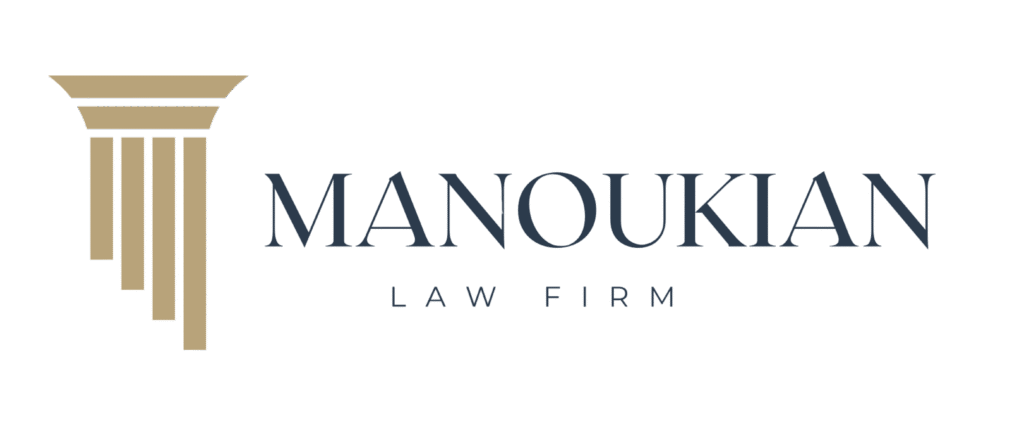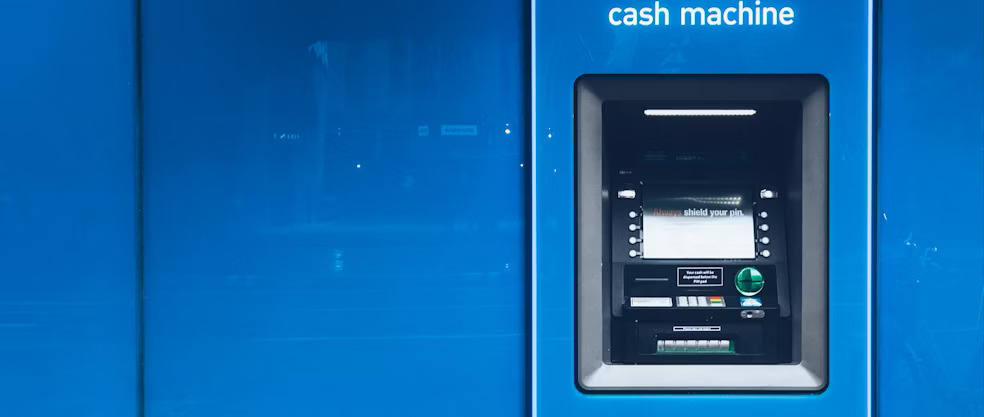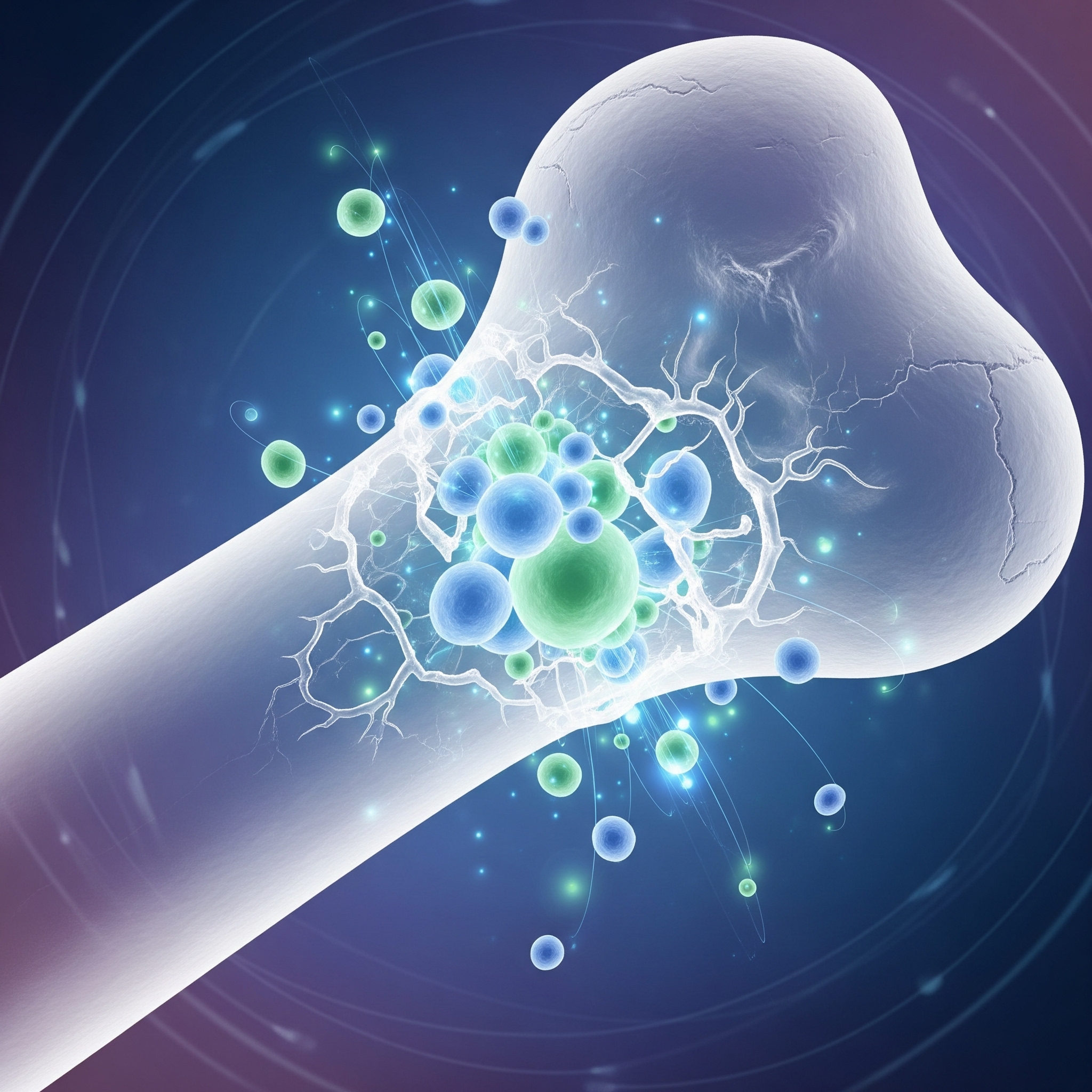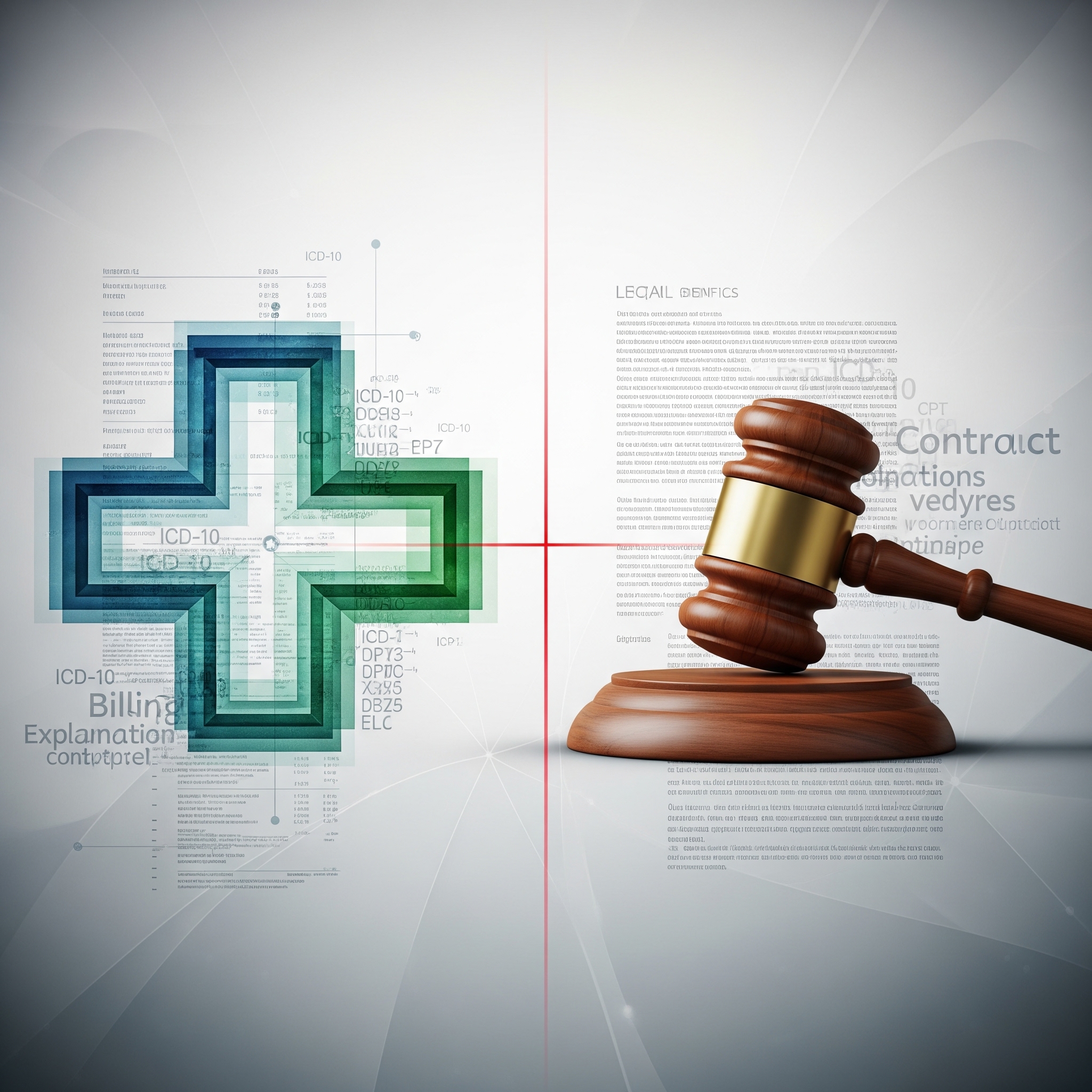Explore how filing for bankruptcy impacts personal injury settlements, whether you are the plaintiff or defendant, and learn what steps to take to protect your claim.
Filing for bankruptcy introduces a layer of complexity to personal injury settlements, affecting both plaintiffs and defendants. Understanding these impacts is crucial to protecting your rights and interests. This guide explores the implications of bankruptcy on personal injury claims, the ongoing status of lawsuits, and how attorneys can help you find a path to recovery. Additionally, we’ll provide links to valuable resources for those facing bankruptcy.
How Bankruptcy Affects Personal Injury Settlements
Bankruptcy and the Plaintiff
Automatic Stay: When a plaintiff files for bankruptcy, an automatic stay halts all legal proceedings, including personal injury lawsuits. This stay offers the debtor relief from creditors and prevents further legal actions during the bankruptcy process. For more details, see the Automatic Stay Guide.
Exemption Rules: Certain assets, including personal injury settlements, may be exempt from seizure, depending on state laws and the bankruptcy chapter filed. Understanding your state’s exemption rules is crucial. Learn more about exemptions from the National Consumer Law Center.
Chapter 7 vs. Chapter 13: In Chapter 7 bankruptcy, non-exempt assets can be liquidated to pay creditors, potentially including personal injury settlements. Chapter 13 involves a structured repayment plan where the settlement might be included but often allows keeping more of the settlement. Visit the U.S. Courts Bankruptcy Basics for detailed information.
Disclosure Requirements: Full disclosure of pending or expected personal injury settlements is mandatory when filing for bankruptcy. Failure to disclose can lead to case dismissal or loss of settlement. See the Bankruptcy Code for more information.
Bankruptcy and the Defendant
Automatic Stay: Defendants filing for bankruptcy also benefit from an automatic stay, halting the personal injury lawsuit and collection efforts. Plaintiffs must seek court permission to continue. More about this can be found in the Automatic Stay Guide.
Discharge of Debt: Defendants may have their liabilities discharged under Chapter 7 bankruptcy, but certain debts (e.g., from intentional torts or drunk driving) are non-dischargeable. For details, see Non-Dischargeable Debts.
Insurance Coverage: If the defendant’s insurance covers the personal injury claim, the insurance company may still be liable to pay, unaffected by the defendant’s bankruptcy. Read about Insurance and Bankruptcy.
Ongoing Lawsuits and Bankruptcy
Permission to Proceed: Plaintiffs may need the bankruptcy court’s permission to proceed with the lawsuit if either party files for bankruptcy. Trustees may take over the case or allow it to continue. Visit Legal Services Corporation for assistance.
Impact on Settlement Negotiations: Bankruptcy can complicate and delay settlements. Plaintiffs may settle for less due to uncertainty, while defendants might seek quick resolutions. For negotiation strategies, check Nolo’s Bankruptcy Guide.
What a Personal Injury Attorney Can Do
Protecting Exemptions: Attorneys identify exemptions to maximize your retained settlement amount. Learn about exemptions at the National Consumer Law Center.
Negotiating with Trustees: They can negotiate with bankruptcy trustees to retain part of the settlement. For trustee interactions, see US Trustee Program.
Seeking Relief from Automatic Stay: Attorneys can file motions to lift the automatic stay, allowing the lawsuit to proceed. More on this process at the American Bankruptcy Institute.
Ensuring Insurance Payouts: Attorneys ensure insurance companies meet their obligations, despite bankruptcy filings. For more, visit Insurance Information Institute.
Advising on Strategy: They provide strategic advice based on the bankruptcy’s impact and recovery likelihood. For legal advice, refer to FindLaw.
Conclusion
Filing for bankruptcy significantly affects personal injury settlements, impacting both plaintiffs and defendants. Understanding these effects and working with a knowledgeable personal injury attorney is essential. They can help protect your rights and guide you through this complex process. Utilize the resources linked to navigate bankruptcy and personal injury claims effectively.
FAQs
What happens to my personal injury settlement if I file for bankruptcy? Your settlement may be subject to state-specific bankruptcy exemption rules. Learn more about exemptions at the National Consumer Law Center.
Can I continue my personal injury lawsuit if the defendant files for bankruptcy? You can seek relief from the automatic stay to continue your lawsuit. More information at the American Bankruptcy Institute.
Will my personal injury claim be discharged in bankruptcy? Claims related to intentional torts or drunk driving are generally non-dischargeable. Details are available at US Courts.
Do I need to disclose my personal injury claim when filing for bankruptcy? Yes, full disclosure is required. Refer to the Bankruptcy Code for guidelines.
How can a personal injury attorney help if I file for bankruptcy? Attorneys can protect exemptions, negotiate with trustees, seek relief from the stay, and ensure insurance payouts. For legal support, visit FindLaw.
Can my personal injury settlement be used to pay my debts in bankruptcy? Non-exempt settlements may be used in Chapter 7 bankruptcy to pay debts. In Chapter 13, it might be included in your repayment plan. More at Nolo’s Bankruptcy Guide.





